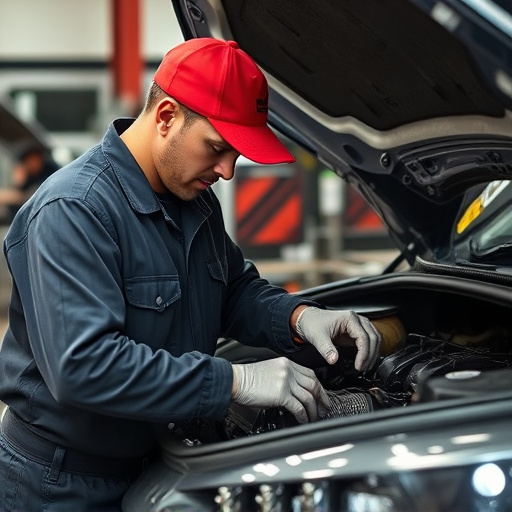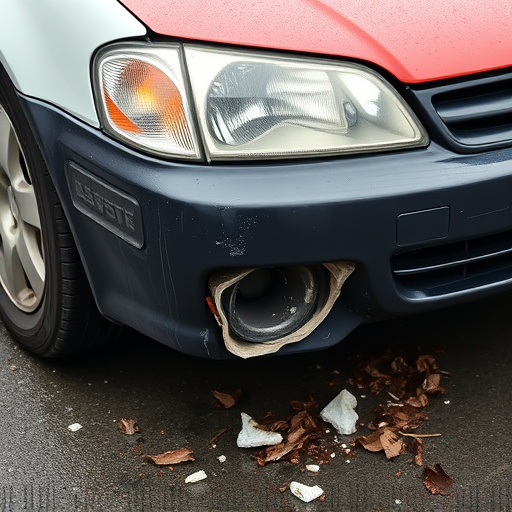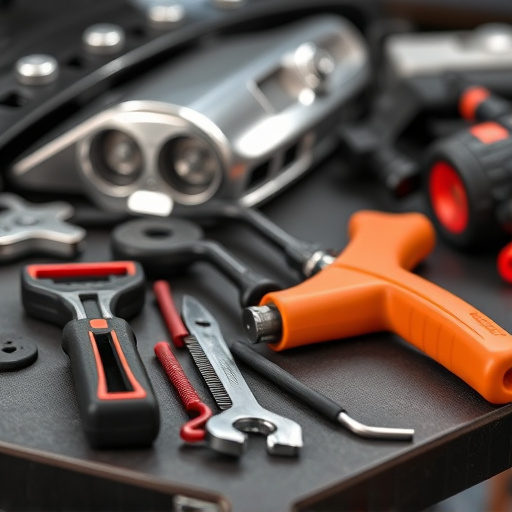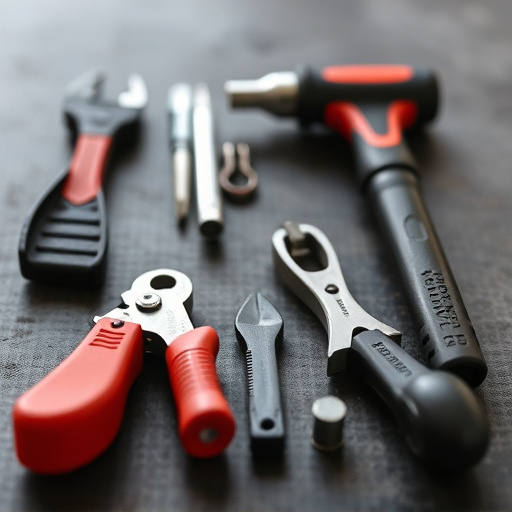In a competitive auto repair market, fast body shop turnaround times drive customer satisfaction and loyalty. Shops should set clear expectations, manage perceptions, and prioritize efficient processes, skilled staff, and high-quality parts to reduce completion times, even for complex repairs, fostering client value and repeat business.
In today’s competitive market, optimizing body shop turnaround time is a game-changer for enhancing customer satisfaction. This article explores the crucial link between efficient service and client delight. We delve into understanding typical body shop turnaround times and how they impact customer expectations. Furthermore, we uncover strategies to navigate perceived delays, ensuring faster service that fosters loyalty. By implementing these insights, body shops can transform their operations and create a positive, memorable experience for every client.
- Understanding Body Shop Turnaround Time
- Customer Expectations and Perceived Delays
- Strategies to Improve Satisfaction Through Faster Service
Understanding Body Shop Turnaround Time
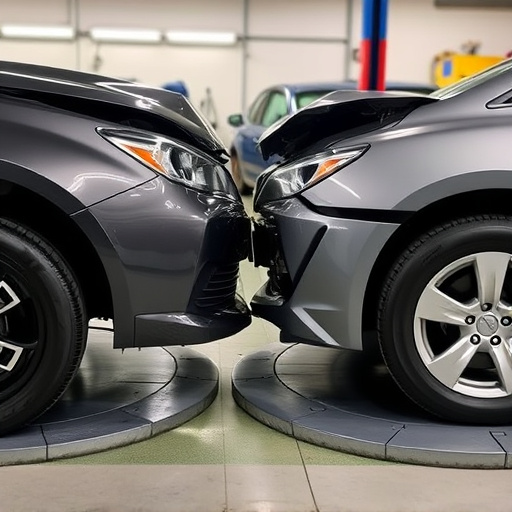
Understanding Body Shop Turnaround Time
In the competitive world of auto repair services, body shop turnaround time plays a pivotal role in shaping customer satisfaction. This metric refers to the speed at which a body shop completes repairs on vehicles, from the initial assessment until the car is returned to its owner. Efficient turnaround times are crucial for fulfilling customer expectations, especially considering the often inconvenient nature of collision damage repair. Fast service not only saves customers’ time but also enhances their overall experience with the shop.
Body shops that excel in turnaround time achieve this through streamlined processes, well-trained staff, and quality parts. For instance, offering tire services as a part of their comprehensive auto repair services can significantly speed up the process by addressing one of the most common issues during vehicle inspections. Ultimately, a quick turnaround time is a key differentiator for any body shop, influencing customer loyalty and repeat business.
Customer Expectations and Perceived Delays
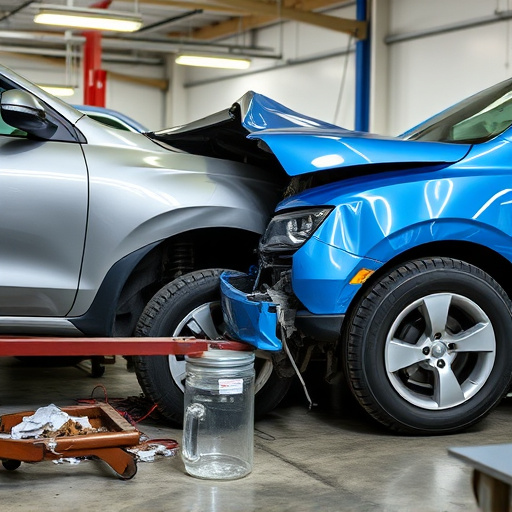
In today’s fast-paced world, customers have come to expect immediate results—a trend that extends beyond retail and into auto repair services as well. When it comes to body shop turnaround time, customers often form their perceptions based on various factors, including prior experiences at different auto repair near me, online reviews, and word of mouth. They anticipate swift repairs, especially for non-complex issues, knowing full well that prompt hail damage repair or luxury vehicle repair can significantly impact their daily routines. Any perceived delay, no matter how slight, can lead to dissatisfaction, especially if customers feel their time and trust have been betrayed.
The pressure on body shops to deliver quick turnaround times is real, but managing customer expectations is an art. Clear communication about estimated repair durations, transparent updates during the process, and accommodating schedules can help mitigate perceived delays. By setting realistic body shop turnaround time expectations from the outset, businesses can ensure customers feel valued, even if actual completion times vary due to unforeseen complexities or resource constraints.
Strategies to Improve Satisfaction Through Faster Service
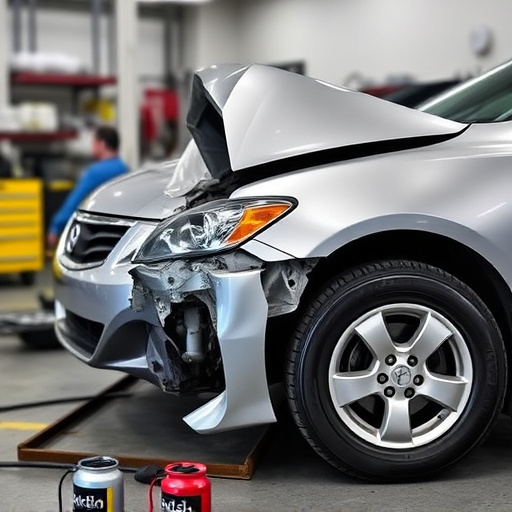
Improving customer satisfaction in a body shop often comes down to one key factor: faster service. In the fast-paced world we live in, customers appreciate efficiency and quick turnaround times, especially when it comes to auto maintenance and vehicle body shop repairs. A long wait can leave clients frustrated and dissatisfied, so implementing strategies to reduce body shop turnaround time is essential for boosting customer satisfaction.
This can be achieved through several means. Optimizing work processes, investing in the latest technology, and ensuring well-trained staff can streamline operations significantly. Additionally, effective communication with customers about expected repair times can set realistic expectations and enhance the overall experience. By prioritizing speed without compromising quality, body shops can deliver exceptional service, making customers happy and fostering loyalty for repeat business, whether it’s for car dent repairs or more extensive vehicle body shop services.
Body shop turnaround time significantly impacts customer satisfaction, with faster service directly correlating to higher levels of satisfaction. By understanding customer expectations, recognizing perceived delays, and implementing strategies to streamline processes, body shops can enhance their service quality and foster stronger relationships with clients. Optimizing body shop turnaround time is not just about efficiency; it’s about ensuring customers feel valued and appreciated for their time.
